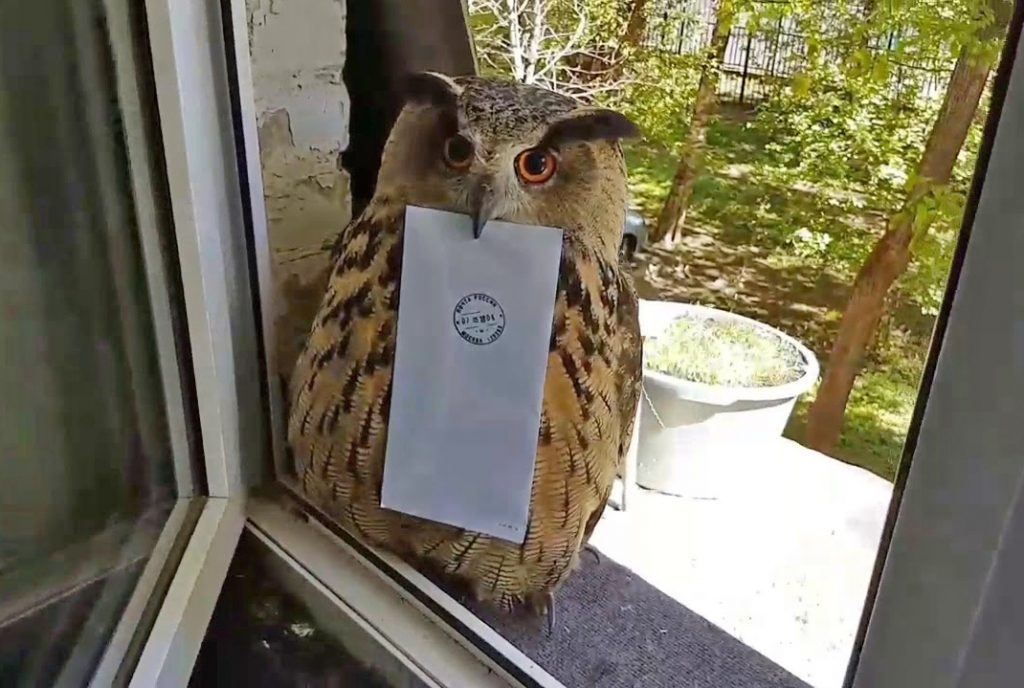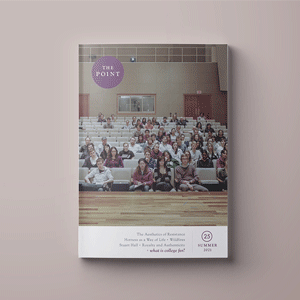Writing Letters for Applicants to Philosophy Graduate Programs
One of your undergraduate students tells you they’re applying to graduate programs in philosophy. They ask you to write a letter of recommendation. So you have the talk with them. Afterwards, they still want to apply, and they’re good, so you agree. What should go in that letter?

If you’re in a department with graduate students or have been involved with graduate admissions, you may have a good sense of this from having seen the letters from successful applicants to your own program. But not all philosophy professors are in that position.
So, by request, here’s a post that can serve as a place for those working in departments with graduate programs and those who have written letters for successful applicants to share their advice for writing such letters. What kinds of things make for an especially strong letter?
(Note: there was a previous post about this a few years back, but, probably owing to it being published over winter break, it elicited few replies, so we’re trying again.)
Related posts: “What NOT to Say in Your Letters of Recommendation“, “How to Ask Your Profs for Letters of Recommendation“, “Problematic Letters of Recommendation for Students and How to Handle Them”



I posted this on twitter as well, but thought I would add it here for posterity.
1. Be specific about your knowledge of the student. Detail how you know the student and on what basis you make a judgment. We (seriously) get letters where it’s not clear the faculty knows the student very well, but still says incredibly nice things.
2. Match your letter to the students other application materials. It looks strange when the letter doesn’t match the application. (We do sometimes get “This student will excel in any CS PhD program.” It’s not as crazy given our program, but still a little off putting.)
3. Talk about specific skills. Overall evaluations like “brilliant” aren’t really helpful. Not because we don’t care, but everybody we’re looking at will be “brilliant” (whatever that means). We’d like to know what *specific* things does this student excels at.
4. Be specific about where you think the student will do well. If this student is good enough to excel at even the best PhD programs, say *that*. Don’t just say “excel at a PhD program” The later reads as “Will do well at some programs, but not the best.”
5. Make comparisons. How does this student compare to other groups. Give us information about your comparisons. Is this student better than other students who have also done well in PhD programs? Which programs? Etc.
6. *Do* talk about the student’s personality. I know this one is often criticized because it’s gendered. I think we should make it not gendered by talking about *all* students personalities. We don’t want assholes, so tell us if your student isn’t an asshole.
7. If we don’t know who you are, tell us (a little) about yourself. We want to know what *your* experience is that will give us reason to trust you. If your early career, you might compare the student to your PhD peers. Of course, keep it limited, this isn’t about you.
8. Think about which skills are relevant to the students graduate school and career goals. We are a science and math focused program, for example. So letters that give us reason to think a student can read and do science and math are very helpful.
9. Be kind, but don’t lie. We do remember you. If you send us a bad student or if you say things that seem obviously over the top given the other things in the application, we will start ignoring you. There is a very famous philosophers whose letters get thrown away.
10. If the student has blemishes that you can help explain, please explain them. It’s not bad to call attention to them — we probably already noticed. If you know why, tell us. We want that information and it helps.
A good place to start are the opening two paragraphs of Mark Johnston’s “The Authority of Affect”:
“A while ago I pulled the short straw, and became chair of my department. One nice part of the job is to praise people I work with, which I can do sincerely because they are very praiseworthy. I also have to read a lot of praise by others; the familiar things-project evaluations, letters of recommendation, promotion dossiers, and so on and so forth. As a result, I have learnt to attend to praise a little more closely.
One characteristic way in which even sincere praise can be hollow is by being general and formulaic. Formulaic praise-saying only the sorts of things admirers generally say-fails to convince precisely because it does not draw out distinctive praiseworthy detail, the very aspects that a true admirer is well-placed to notice. Telling praise, on the other hand, sometimes displays what are naturally construed as subtle flaws in the admired one. Yet it presents these features in such detail as to show that the admirer has really considered and so is probably really taken with the admired one. Conversely, formulaic praise, by showing no evidence that its author has seen determinate details in the one who is being praised, leaves us wondering whether the author is really taken with his subject. There is then a reliable inference from the specificity of praise to the affective engagement with the admired one on the part of the admirer. New lovers sometimes ask “What do you love about me?” It is a dangerous question. For the answer can reveal whether they have really been seen, and hence whether they are really loved.”
Kevin Zollman’s advice is is pretty sound but I would add a practical suggestion. Get your ‘clients’ to send you a brag-sheet in which they list what *they* think of as their strength and achievements. This makes it a lot easier for you to write your reference and ensures that your reference will broadly consistent with their application. (I am assuming of course that you don’t recommend anyone that you cannot sincerely endorse.) When I myself am applying for progression or a promotion I take care to send my referees a corresponding document.
If you have written a favourable report on an honours or an MA thesis , it is a good idea to quote it because it is likely to be specific. And the same thing goes for reports on newly minted PhDs seeking employment in the profession.
Re comparisons. It really helps if you have an established relationship with the target institution and have sent them talented students the past. ‘S/he is at least the equal of X and Y’. This cuts a lot of ice if X and Y were gifted students who graduated for the target institution and went on to successful careers, but not otherwise. Thus it requires some seniority and a bevy of successful students if this tactic is going to work. And it won’t work at all if you have a record of recommending duds.